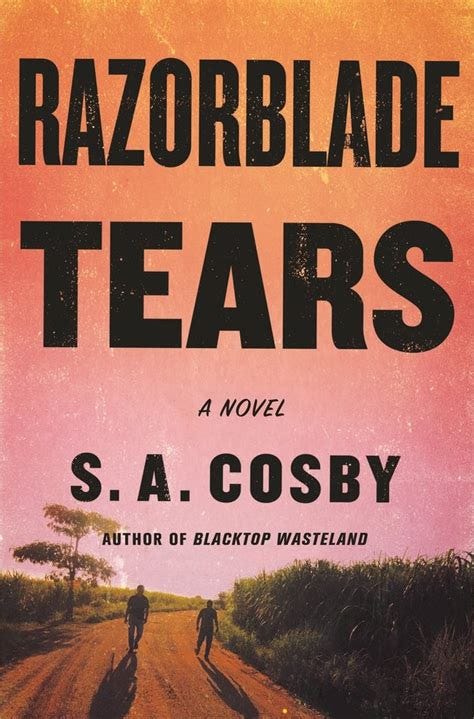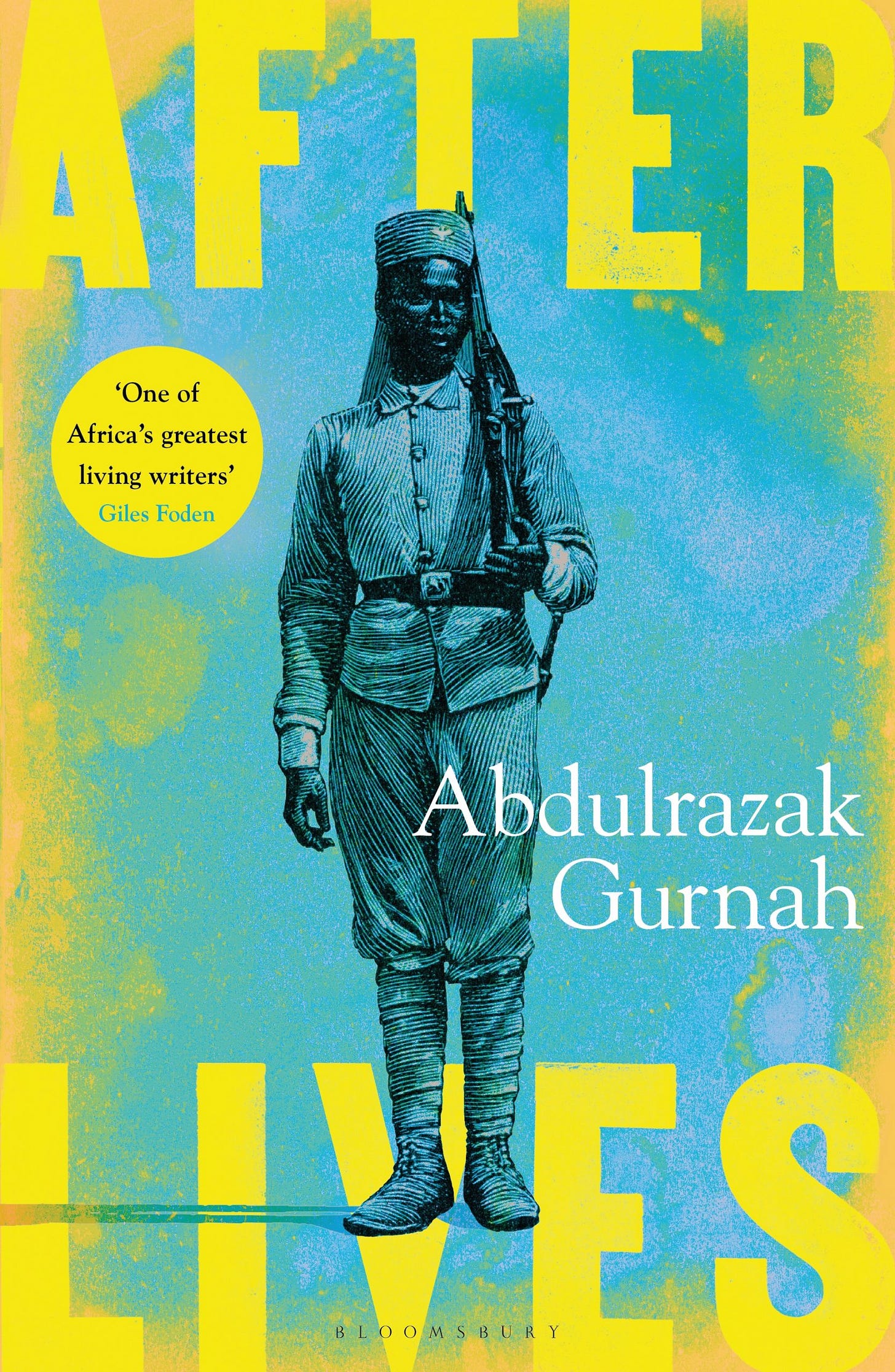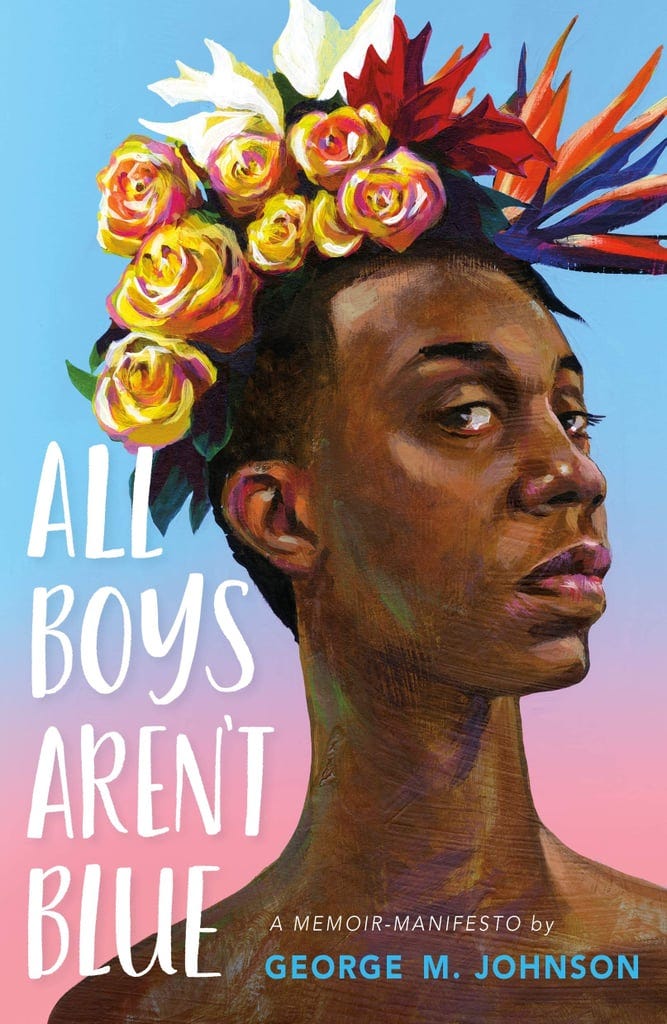My 2022 Did Not Finish book list
A guide for how to determine if a book is worth finishing
I used to be one of those people who refused to not finish a book. For years I held to this, until my Unicorn pointed out that life is too short to spend time reading things we don’t enjoy. They’re completely correct, of course. One of the greatest tragedies of my mortality is that I will never get to read every book I want to, and so I accept that if a book isn’t bringing me joy within the first hundred pages, I will put it aside and move on to something that does.
It’s important that folks don’t take this blog as a condemnation of the books I didn’t finish in 2022. Books are a form of art and art is subjective. I can appreciate the skill of an artist and not like their art, and I can think a piece of art is bad and that doesn’t mean it’s objectively bad. I can dislike something while also understanding why someone else might like it. It is a fact that every book is someone’s favourite book, and I’m not about to make anyone feel bad for what they like. Not liking a thing isn’t the same as that thing being terrible.
There are a lot of reasons to put down a book—it’s not a style or genre you’re interested in, you don’t like the characters, the prose drags, the concept doesn’t interest you, and on and on. I wrote this piece as a way for folks to learn how discern what they might like to read or not, and how to know if a book is something you ought to just put down already for something more to your tastes. This is also why I have included why someone might enjoy each book even when I didn’t.
So, without further ado, the books I did not finish in 2022:
Ring Shout by P. Djèlí Clark
A group of extremely badass Black women on the hunt for literal demons who take the form of Klansmen as a disguise.
I really wanted to read this book, but I DNF after the first chapter because I can’t stomach gore. The badassery of the protagonists is in their ability to hunt and kill demons and the hunting and killing are vividly described. As someone who tends to pass out from watching gore in films or hearing too explicit descriptions of wounds, it was bad news to keep reading it.
I have heard from friends who like horror (and don’t have such a hyper amygdala) that this is an excellent book, so if horror is your genre, this is a book for you!
Idaho by Emily Ruskovich
I know that literary fiction is not a genre I tend to enjoy, but because there are some exceptions1 I don’t avoid it like I do with horror. When a book is recommended multiple times, I’ll give it a go, and that was the case with Idaho. I think three people had suggested it to me when I finally got a copy from the library.
Alas, I couldn't do it. It was everything I dislike about reading Literature: tedious prose, paragraph long descriptions of settings that killed the tension, and a premise I simply didn’t care about. I DNF at 75 pages.
Based off who recommended this, if literary fiction is a genre you enjoy, this is probably a wonderful and immersive read.
Razorblade Tears by S.A. Cosby
Roxane Gay loved this book and wrote a compelling review of it. I was excited to read it! But it’s a sort of uber-male revenge fantasy I don’t care for. Think gritty self-appointed detective novel. The writing was almost comical and goofy to me and I wasn’t enjoying the protagonists. I DNF at 64 pages.
If thrillers are your genre, and you are looking for a fun summer read, this would likely fit the bill.
Afterlives by Abdulrazak Gurnah
This book is proof that even award winning books won’t be considered universally good. The premise, the impact of German colonialism on the lives of a handful of characters in what is currently known as Tanzania, sounded compelling. This is the kind of historical fiction I usually go for! Unfortunately, Gurnah relies a lot on exposition,2 which made the narrative drag and provided no character development. I didn’t get a sense of place and couldn’t lose myself in the story. It read more like a textbook and I found myself skim reading almost immediately. I DNF at page 67, accepting I wasn’t enjoying it at all.
Overall I’d describe this as underwhelming, particularly considering the author is a Nobel Prize winner. That being said, this is likely another example of literary fiction that those who love the genre may enjoy.
Flying Solo by Linda Holmes
I knew very early on I wasn’t going to enjoy this book. The writing was simplistic and the dialogue was unrealistic and strange to read. The intrigue of the deceased relative and her past just wasn’t enough for me to push through the less than stellar writing and I DNF at 43 pages.
I’d say this would be a great beach read, or a good book if you want something light.
The School for Good Mothers by Jessamine Chan
This was a well-written book but a premise I found both terrifying and infuriating. Chan does a brilliant job of conveying a fascist state and patriarchal control of women’s bodies and autonomy. It was too upsetting for me, particularly since reading is something I do to escape things like the threat of fascism, and 2022 was the year the US Supreme Court revoked the human right to access safe abortions. I DNF at page 77 for the sake of my mental health.
If you like speculative fiction along the lines of The Handmaid’s Tale but with intersectional awareness, you’ll probably enjoy this book.
Beautiful World, Where Are You by Sally Rooney
I found the pacing of this book really odd. There was an expository dump from pages 26 to 37 that went at a gallop and didn’t give me a sense of the characters as people. The style of writing left me confused about who anyone was and why I should care about them. I DNF at page 44.
Sally Rooney seems to be a well-liked author who is often recommended on book lists. If you’re into experimental forms of writing that don’t follow traditional plotting steps, this could be a book for you.
Detransition, Baby by Torrey Peters
I’ve heard nothing but good things about this book, so it was a surprise when I started reading it and realised it wasn’t for me. I immediately disliked the two protagonists. They were the sort of characters who, if they were people I actually met, would set off alarm bells in my head. I’m sure they have character growth and move beyond their petty, immature behaviour, but they weren’t presented with enough redeemable qualities for me to stick around and find out. I believe in putting up boundaries for toxic book characters just as I do for toxic people, so I DNF after the second chapter.
Complex and challenging characters make for good books! I’m sure there are plenty of characters I love who other people cannot stand. Maybe the protagonists won’t grate on you quite so much, and if not, as I said, I’ve heard only positive things about this book.
Natalie Tan’s Book of Luck & Fortune by Roselle Lim
The writing was repetitive and I found the magical realism poorly executed. I didn’t get far enough to encounter the romance, but from the reviews I read, it’s forced and doesn’t make a lot of sense—which is to say it has the kind of romance red flags that make me avoid the genre. Some of the descriptions were so over the top I had to read them a few times to make sure I was reading them correctly. It read like a first draft more than a finished novel and I DNF at page 50.
I’d say this could be another beach read kind of book. A good choice if you’re looking for light and fluffy.
All Boys Aren’t Blue by George Johnson
I didn’t finish this book because it simply wasn’t age appropriate. I am a fan of YA writing, so things being written for a younger audience aren’t impossible for me to read, but this was so obviously for a ten to thirteen/fourteen questioning age group and not a grown queer adult. That being said, it’s a great book! I read about half of it before I decided to DNF, figuring I had enough of an idea of the whole to see it as well-written and worth recommending, but not something I needed to finish.
If I’d had a book like this when I was twelve it would have been a revelation for my little queer self. If you have a queer kid in your life, or a kid you suspect might be queer, or a straight kid who you want to not be a bigot, you should get them this book.
Firekeeper’s Daughter by Angeline Boulley
I almost didn’t give up on Firekeeper’s Daughter because of the sunk cost fallacy. I made it to page 332 before I accepted I was skim reading and struggling to keep interested.3 This book needed a solid revision. The author was trying to do way too many things. This could have been a great investigation/mystery, a coming of age novel, or a romance, but not all three.
I classify this book as one that suffers from the Representation Problem. Demand for writing from people who aren’t white straight cis men or white people in general can lead to a book being pushed into the publishing process before they are ready, and I think that’s what happened with this one.4 When I read a book like this, it makes me wish there was more of a culture of revision support for new authors, especially when they come from communities publishers and agents have gatekept out of the industry. We need better support for first time authors who don’t have the advantages of white academic nepotism because this could have been an amazing book! It could have been three amazing books!
That being said, I hope that having one book published helps Boulley to learn more about the process of revision. The workings of something truly great can be found in this behemoth, and with the pressure to do well on a first book over and done with, there could be some fantastic books in her future.
I would recommend reading some of this book if you are a writer who wants to understand why revision is the most necessary part of writing.
What about you? What are some books you chose to let go in 2022? And what criteria do you use to determine if a book is worth your time?
The Last Report on the Miracles of Little No Horse is one of the best books I’ve ever read!
The phrase “show don’t tell” implies there is no place for exposition in storytelling, but that’s simply not true. Every narrative has a balance of showing and telling. There really isn’t a formula for when to show versus when to tell; exposition has its place as much as any scene and mostly it comes down to the pacing and voice choices of authors and editors.
Also, the cover. I absolutely judge books by their covers because…that’s what covers are for. But just like a movie poster or trailer can present a movie as very different to how it actually is, so too can book covers lead us astray. The description on the back didn’t match any of the three story lines of the book.
Another example of this is is Five Little Indians by Michelle Good, which I read in 2021. There is a massive plot hole and many of the characters feel only half developed. It reads like the first draft, not a finished manuscript. It’s wild to me that Good and her editor didn’t catch the plot hole. It’s extra unfortunate when this happens to Indigenous, Black, Asian, trans, and queer writers because it’s so important for folks from traditionally silenced comminities to tell their stories AND the gatekeepers will use poorly edited works like this as a reason to keep marginalizing people.














I am notoriously bad about not giving up on books that I really should. But then again, I'm also notoriously bad about finding the time to stray outside a pretty narrow slice of SFF. These days I am reading more for comfort than for learning.
Last year I ended up re-reading a lot to de-stress. Strangely, I picked up Fevered Star by Rebecca Roanhorse twice last year and just couldn't get into it. I even re-read Black Sun, the first in the series. I'm blaming myself, though, not the book. 😊